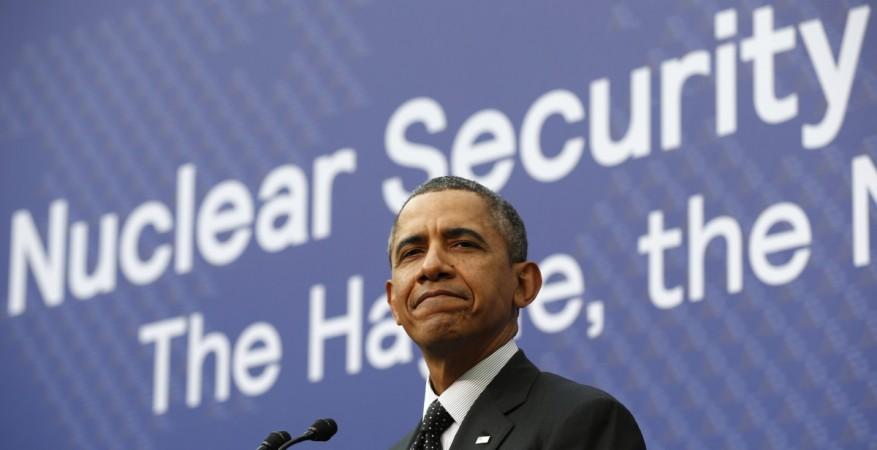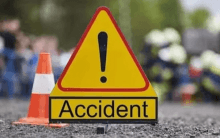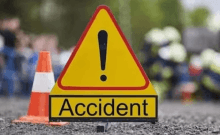
Russia will boycott the 4th Nuclear Security Summit set to begin in Washington Thursday, with the White House calling the decision a "missed opportunity" for Moscow. Leaders and representatives from over 50 nations are expected to converge in the United States for the summit, which will be held Thursday and Friday.
Another nuclear power, Pakistan, will not be represented by its leader — Prime Minister Nawaz Sharif — who cancelled his trip to the United States following the Lahore terror attack that killed over 70 people Sunday. He will instead be represented by the country's foreign affairs minister, according to the official website of the summit.
Russia had made its intention of staying away from the summit clear in 2014, when it had claimed the views of the states that did not agree with the event's organisers would be ignored, Reuters had reported. Earlier this year, the Russian foreign ministry had cited the "unacceptable" interference by the summit organisers in the work of international bodies such as the International Atomic Energy Agency, as the reason for skipping the summit, according to Sputnik News.
Kremlin Wednesday cited "lack of cooperation" as a reason for staying away.
"Moscow considers working on issues linked to nuclear security demands common and joint efforts and mutually taking into account interests and positions," Kremlin spokesman Dmitry Peskov said, according to TASS.
"We faced a certain lack of cooperation during the preliminary stage of working on issues and topics of the summit. That's why in this case there is no participation of the Russian side," he said.
However, the U.S. said Russia was only "isolating" itself by boycotting the summit.
"Russia's decision to certainly not participate at a high level we believe is a missed opportunity for Russia above all. Frankly, all they're doing is isolating themselves in not participating as they have in the past," Ben Rhodes, deputy national security adviser to the White House National Security Council, said Tuesday, according to Reuters.
Russia is one of the five officially recognised nuclear-weapon states and has among the biggest nuclear stockpile in the world.
One of the important meetings at the summit will be held between U.S. President Barack Obama, Japanese Prime Minister Shinzo Abe and South Korean President Park Geun-hye, with the three expected to discuss North Korea's recent nuclear test. Obama is also likely to raise the issue of North Korea with Chinese President Xi Jinping at the summit.
Another concern that is likely to be a key point of discussion at the summit is the threat from terror groups such as the Islamic State group.
"Since there will be so many world leaders in Washington, D.C. for the Nuclear Security Summit, the President is planning to hold a meeting focused on ISIL, and focused on our coalition's efforts to degrade and ultimately destroy that terrorist organisation," White House Press Secretary Josh Earnest had said in a press briefing, using an abbreviation for the Islamic State group.
"That is not because our foremost concern is that ISIL is in grave danger of getting their hands on nuclear materials; it will be focused on the broader threat. But obviously the prospect of ISIL getting access to any sort of nuclear material is something that must be avoided," he said.
Among the other world leaders who will attend the summit are British Prime Minister David Cameron, Indian Prime Minister Narendra Modi, French President Francois Hollande and Canadian Prime Minister Justin Trudeau.

















